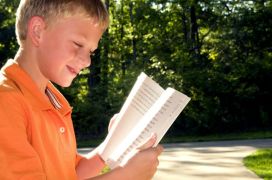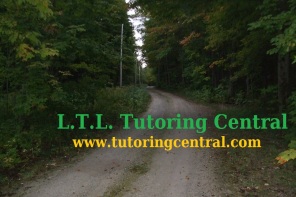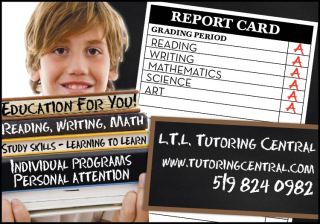How Can I Help My Child?
Read
One of the most important activities you can do with your child at any time is to read.
Summer is an excellent time to begin (or add to) your reading schedule. You can take a book almost anywhere and e-readers let you carry thousands of books with you. Once downloaded, you don’t even need a Wi-Fi connection.
Reading a variety of materials can connect you to a whole new world either in fiction or a “new-to-you” nonfiction topic. Of course, start by choosing material that is interesting to your child. That is the best jumping board into increasing reading level, reading speed, and reading breadth in the long run.
Once someone finds the joy of reading and begins to see all the benefits, he or she will start expanding the horizons.
Read
1. Read to your child.
2. Let your child read (or “read” *) to you.
3. Share reading – especially great with plays or stories that contain a lot of dialogue.
4. Model reading by reading to yourself.
There is nothing better than sitting together in a room and quietly enjoying your individual books.
* Sometimes “reading” means flipping the pages and learning how to scan from left to right without actually reading. Sometimes “reading” means a lot of adult intervention to help move the story along. The important bit is that you are beginning the process to become a true reader.
Talk about the book or reading material.
This works no matter what method of reading you use because decoding and saying the words is only one piece of the true reading process.
Caution: When talking about a story or text, don’t make it into a quiz or “test” situation. Let the discussion be more organic and enjoyable.
Talk about plot (the events).
For example, how do the events relate to real life or current events?
Talk about characters.
For example what do you think about the protagonist?
Does the antagonist remind you of anyone?
Ask what would you have done in a given situation.
As you read, make predictions about what might happen next.
Ask about a character’s motive.
Talk about what the characters might be feeling.
Above all have fun!
Learning is all about fun. Not only do we learn more, but we retain the information better, when we enjoy the process.
Note: I realize that with some children reading can be a chore. Don’t worry; keep at it. Sometimes you have to endure a little struggle and less fun until you get to the ‘goods.” Stay positive and enthusiastic about reading, and you will be surprised long term.
There are loads of resources online to find suitable reading material, but here are a few.
Children’s Choices Reading List
Popular High School Reading List
Required Reading in High School
As always, I am here to help. If you would like a little extra learning practice over the long summer months, please get in touch.
Website: www.tutoringcentral.com
E-mail: tutoringcentral@inbox.com
This week’s video: Summer Tutoring! How Can I Help My Child?









